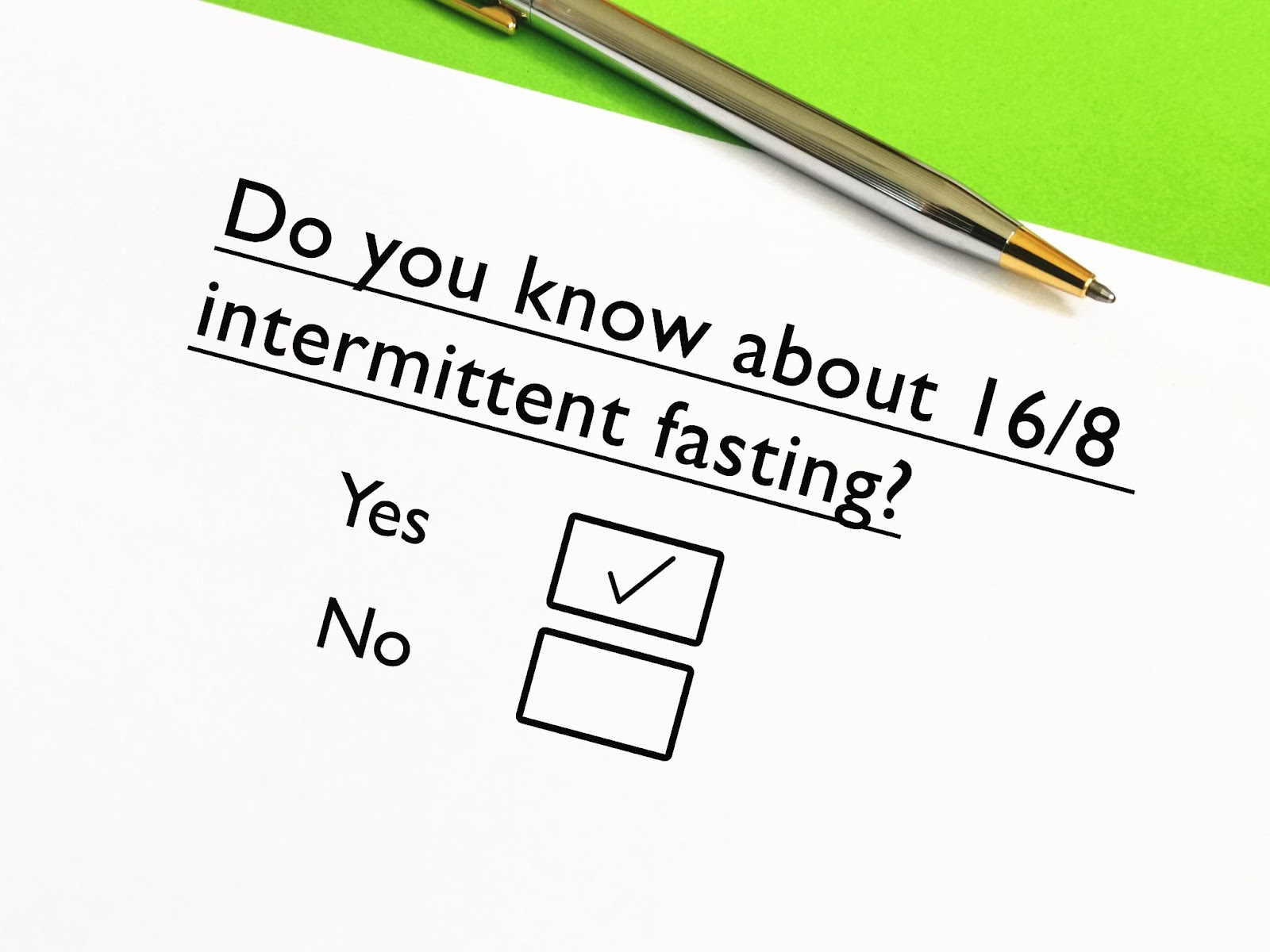
It’s okay once in a while or for religious reasons — but here’s why I’ve never been a fan…
Unsubscribe | Report as spam | Change email preferences
—-Important Message—-
6 foods that increase semen quantity while boosting pleasure
It turns out, men can actually increase the amount of pleasure they can feel during intimacy…
…simply by boosting their load size!
And it’s as easy as eating these 6 foods — check it out here
———-
Why I don’t do intermittent fasting
Matt Cook here, and you need to eat regularly in order to tell the body that there is enough nourishment to fuel it fully in the future.
Without regular meals, the body begins to act as if it were heading toward famine.
Metabolism slows down in order to save the energy stored in the body.
But a high metabolic rate is essential for optimal health.
A higher metabolic rate makes us feel sharper and more energetic – but it’s also essential to slow aging and disease processes.
These days, many people promote fasting as a way to lose weight…
…but there is plenty of research showing that fasting rapidly shuts down metabolism…
Something which has dire long-term consequences.
For example – a lower metabolic rate means you burn less energy at rest.
That could make the difference between maintaining healthy body weight and becoming obese – even at the same amount of calories consumed.
This human study was carried out at the Department of pharmacology of the University of Casablanca in Morocco. The paper was published in the Annals of Nutrition and Metabolism.
Fasting is a very old practice used in many parts of the world.
During the month of Ramadan, vast numbers of Muslims fast for religious reasons.
“During the month of Ramadan, Muslims abstain from drinking and eating daily between sunrise and sunset.”
This practice equates to “intermittent fasting” – not eating for long periods every day.
The researchers in Morocco wanted to know what the effect of this type of intermittent fasting was on alertness, mental sharpness, mood, and body temperature.
All great markers of metabolism.
So they recruited 10 healthy young people – those with the most flexible metabolisms…
…to see the effect of Ramadan fasting on their metabolic rate.
“This study examined the effect of Ramadan intermittent fasting on the diurnal alertness and oral temperature in 10 healthy young subjects.”
The researchers ran a number of different tests on all of the participants. These tests were repeated 6 times throughout the day.
The participants underwent these tests before, during, and after the fasting period.
Oral temperature was taken on the same day as these tests – always at the same time.
(Body temperature naturally changes over the course of 24hrs.)
Participants were less alert during the daytime fast.
They were more alert at night when they ate.
“Subjective alertness decreased at 09.00 and 16.00 h and increased at 23.00 h.”
This clearly shows the benefits of food on mental performance – and the detrimental effects of fasting..
During the height of fasting, the participants reported worse moods.
“Mood decreased at 4pm.”
Numerous human and animal studies show that fasting increases stress hormones like cortisol and serotonin.
And these hormones can cause depression.
All of these detrimental effects on mental and psychological function can be traced back to the metabolic rate.
One of the most primitive, yet effective ways to measure metabolism is to look at body temperature.
People with higher body temperature (within the normal range) have a higher metabolic rate and better overall health.
Body temperature is largely a byproduct of increased energy production in the cell.
Food supplies the fuel for the cell – so it is no surprise that fasting (no fuel) lowers temperature.
“During Ramadan, oral temperature decreased at 09.00, 11.00, 13.00, 16.00 and 20.00 h.”
Body temperature went down consistently right throughout the fasting period.
Low body temperature is seen in metabolic diseases like hypothyroidism.
Of course, when the participants ate at night their temperature went up – alongside alertness and mood.
“During Ramadan, oral temperature increased at 23:00h and 00:00h.”
At this time of the day the body temperature should go down a little to allow for sleep.
Daytime fasting and night-time re-feeding will interrupt sleep.
Fasting rapidly lowers the metabolic rate – something which should be avoided if you want to achieve optimal health.
“These results showed that daytime oral temperature, subjective alertness and mood were decreased during Ramadan intermittent fasting.”
You should always consult a healthcare practitioner about treating and diagnosing health-related problems.
—-Important Warning About Intermittent Fasting—-
16:8 intermittent fasting leads to 91% higher risk of death from heart disease
16:8 intermittent fasting is when you eat only during an 8-hour window each day, and avoid food for the other 16 hours a day.
It’s very popular among many so-called “health gurus” and diet experts.
However, now the American Heart Association has linked this type of intermittent fasting to an increased risk of death from heart disease:
Researchers found that men who participate in 16:8 intermittent fasting are 91% more likely to die from cardiovascular disease…
…compared to men who eat freely at all times of the day.
And for men who already have an existing cardiovascular issue, they have a 66% higher chance of dying from stroke!
Not good…
Remember: I’m avoiding intermittent fasting and instead eating a little differently than most men…
…where instead I’m eating more and foods I love!
And I now feel like I have the libido, potency, and metabolic rate of a virile healthy young teenager!
———-






